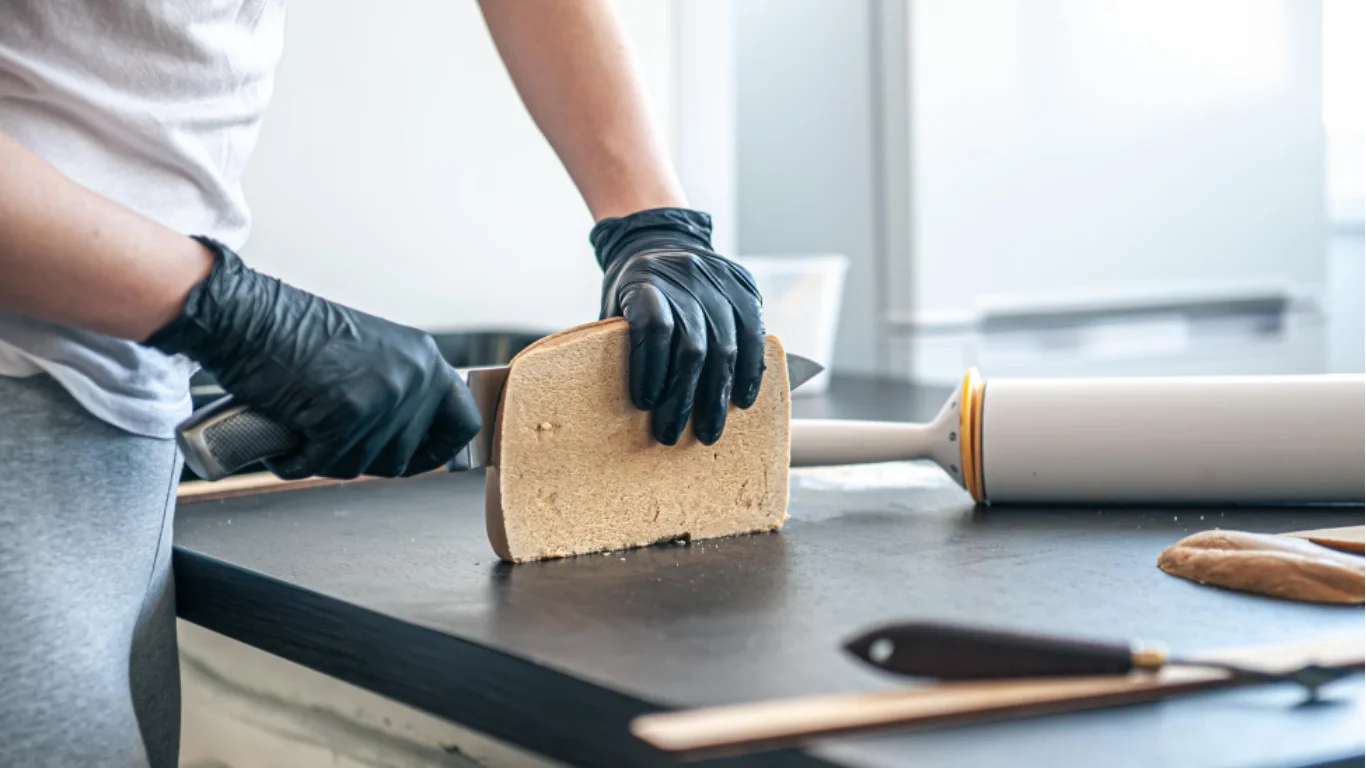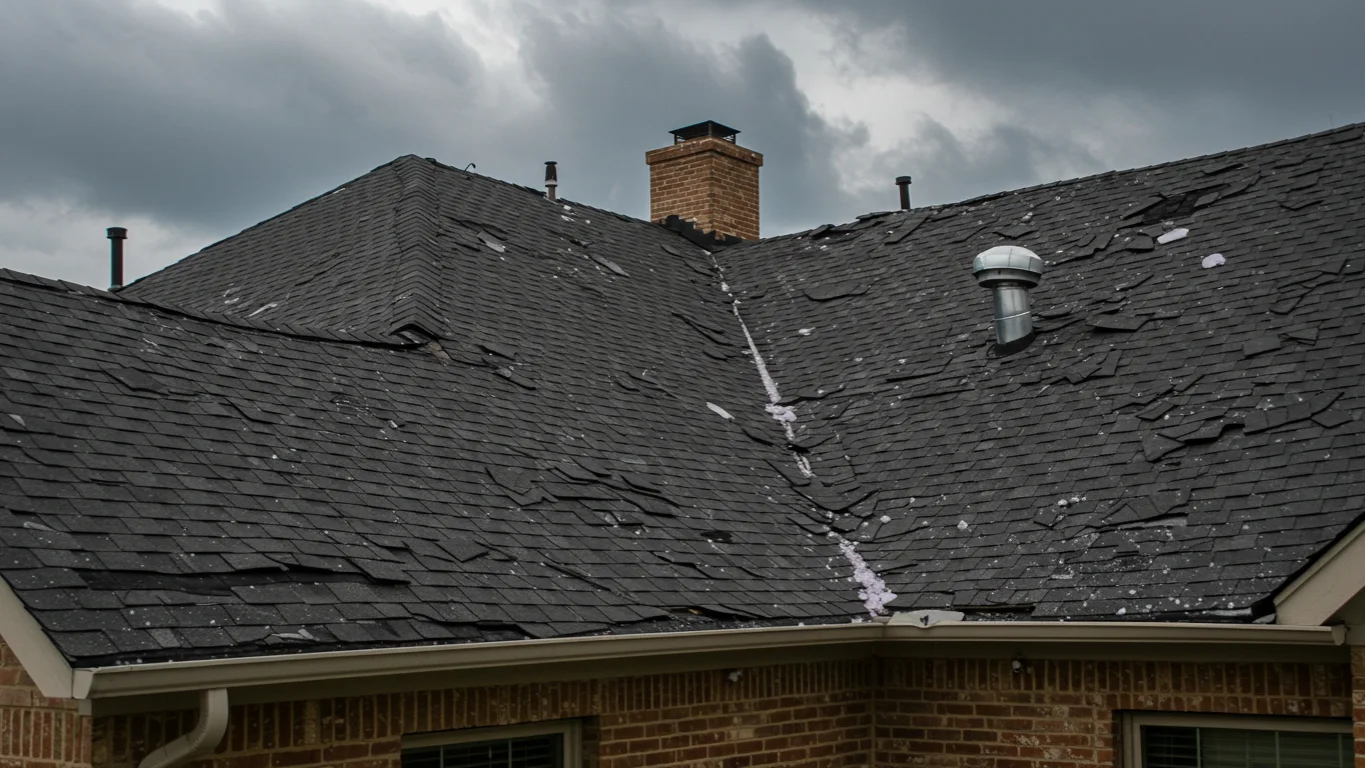Ever tried surviving a Tennessee summer or winter with a barely functioning HVAC system? You learn real quick how much you rely on that quiet hum in the background to keep life tolerable. And when it goes silent—or worse, starts making noises like it’s possessed—you’re forced to make decisions fast, often without the luxury of knowing what actually needs to be done. In this blog, we will share HVAC repair tips every homeowner should know to stay ahead of breakdowns and avoid costly surprises.
Professional Repairs Start with What You Don’t Touch
One of the biggest mistakes homeowners make is assuming they can fix anything with a YouTube tutorial and a screwdriver. HVAC systems aren’t built for improvisation. They’re precise machines with components that depend on correct pressure, calibration, and wiring. Tamper with one part the wrong way and you may cause more damage than you solve. Even calibrating with inaccurate tools can cause issues. You can learn more about calibration services at JM Test.
This becomes especially important when dealing with older heating systems. Boilers, for example, may seem straightforward—until they don’t heat, start leaking, or trigger carbon monoxide alarms. Attempting a fix without knowing the inner workings isn’t just risky. It can be dangerous. When it comes to boiler repair in Memphis, TN, hiring a certified professional is the safest and smartest move. They know how to test for system pressure loss, corrosion, valve issues, and airlocks—none of which show up clearly to an untrained eye.
Besides, in many cities, working on certain parts of your HVAC system without a license can actually void warranties or lead to fines. Letting a qualified technician handle the diagnostics and repair ensures that not only is the fix done right, but it also protects your equipment investment. You’re not just paying for a repair. You’re paying for peace of mind that it won’t come undone when temperatures hit the extremes.
Change Your Filter—Yes, Again
This one gets said so often it’s become background noise. But most people still don’t change their HVAC filters often enough. A clogged filter restricts airflow, makes your system work harder, and shortens its lifespan. It can also send your energy bill soaring before you notice anything’s wrong. You might assume it’s the weather or rising rates, but half the time it’s your filter asking for help.
Check your filter once a month, especially during high-use seasons. If it looks grey, dusty, or caked with lint, swap it. Don’t wait for a technician to do it during an annual tune-up. Most systems are designed to make this step easy for homeowners. And while it might seem minor, this single habit can add years to your system’s life.
Not all filters are the same, either. Make sure you’re using one with the right MERV rating for your unit. Going too high can actually choke airflow, while going too low won’t protect your system. If you’re unsure what your system needs, check the manual or ask a technician during your next inspection.
Pay Attention to Unusual Sounds
HVAC systems are designed to blend into the background. So when your unit starts clicking, banging, buzzing, or grinding, it’s trying to tell you something. Too many people ignore these sounds until the system shuts down completely.
A rattling noise may be a loose component. A high-pitched squeal could mean belt tension problems. Clicking might signal a faulty relay or a flame sensor issue. None of these are fixes you want to guess at. Call a professional when your system sounds unfamiliar. The longer you wait, the more expensive the outcome tends to be.
Ignoring noise doesn’t just delay the repair—it often compounds it. A belt issue today can become a motor issue next month. HVAC systems are connected. One problem leads to another if not handled early.
Know When the Thermostat Is the Problem
Sometimes, what seems like an HVAC issue is actually a thermostat problem. If your system won’t turn on, turns off too soon, or doesn’t match your temperature settings, check the thermostat before assuming the worst.
Batteries die. Settings get changed accidentally. Dust can even build up behind the unit and affect the readings. If it’s digital, make sure it’s on the right program. If it’s older and mechanical, consider upgrading to a programmable or smart model. Today’s thermostats can learn your patterns and help manage energy use more efficiently.
But if you replace the thermostat and the problem continues, call in a professional. You may be dealing with wiring issues or problems deeper inside the system that only look like thermostat errors from the surface.
Don’t Wait for Total Failure to Schedule Maintenance
Waiting for something to break is the most expensive way to manage an HVAC system. Preventive maintenance is the difference between a minor adjustment and a full replacement. Think of it like getting oil changes for your car. Skip them long enough and the engine doesn’t just run rough—it seizes.
A professional HVAC tune-up includes checking refrigerant levels, tightening electrical connections, testing airflow, calibrating the thermostat, and inspecting the overall health of the system. It’s not just a checklist—it’s an opportunity to catch early warning signs you’d never spot on your own.
Schedule maintenance twice a year—once before cooling season, once before heating season. These visits cost far less than emergency repairs, and they stretch the life of your system by years. Even newer systems benefit. In fact, many warranties require annual service to stay valid.
HVAC systems aren’t flashy. They don’t get the same attention as kitchens or flooring. But they quietly shape how your home feels every day. Ignore them and you’ll notice fast—usually at the worst possible time. But give them a little attention, stay ahead of small issues, and trust professionals to handle the technical work, and your system will keep your home steady, season after season.
Repairs don’t have to be dramatic. With the right habits, you can avoid most breakdowns and extend your system’s life without panic or surprise costs. And when problems do come up, calling in a professional isn’t admitting defeat—it’s protecting your home from guesswork that could make things worse.
Because in today’s world—where extreme weather, rising energy prices, and busy lives are already enough to juggle—the last thing you need is your HVAC system making the list of things you have to “figure out yourself.” Some things are worth handing off to the people who know them best.







